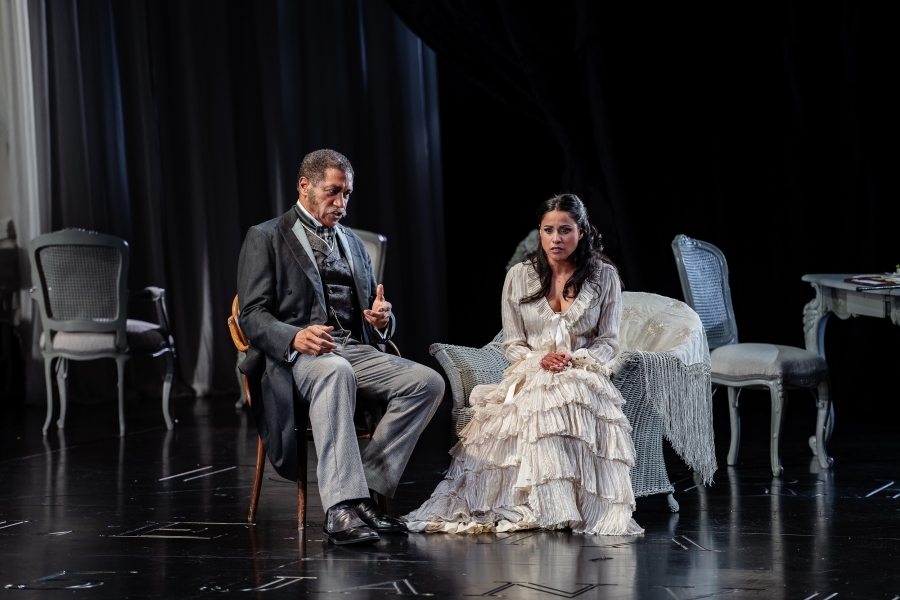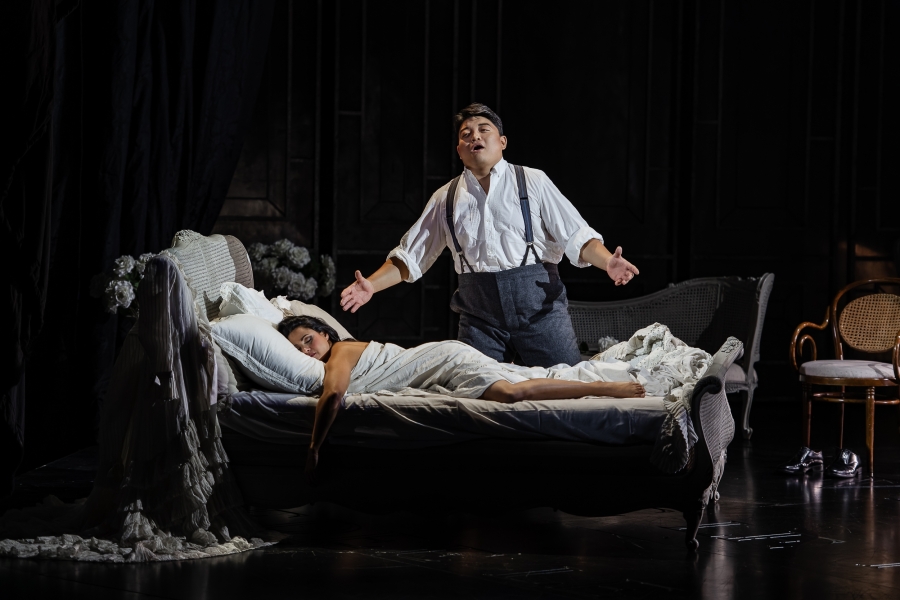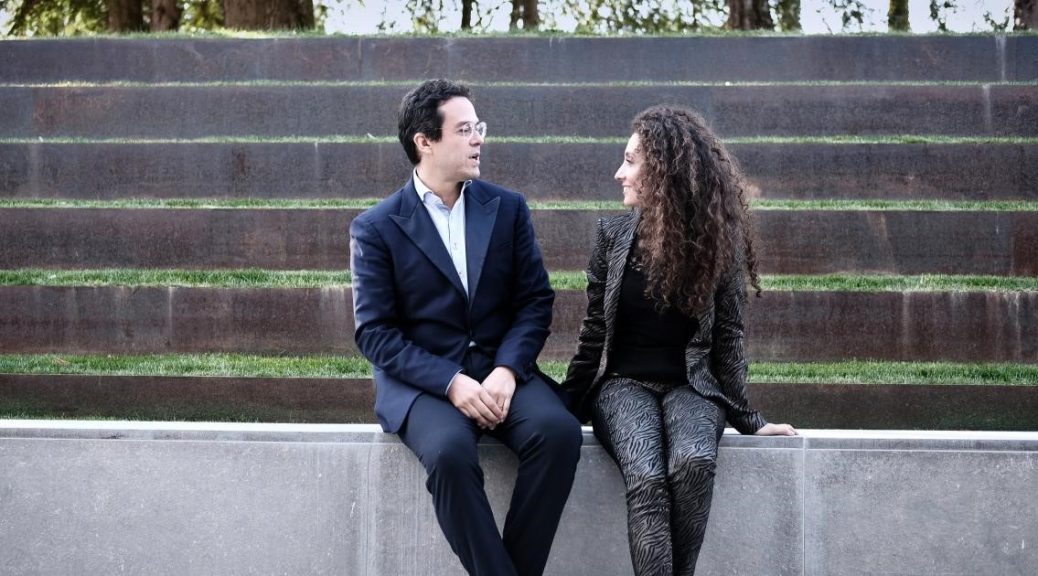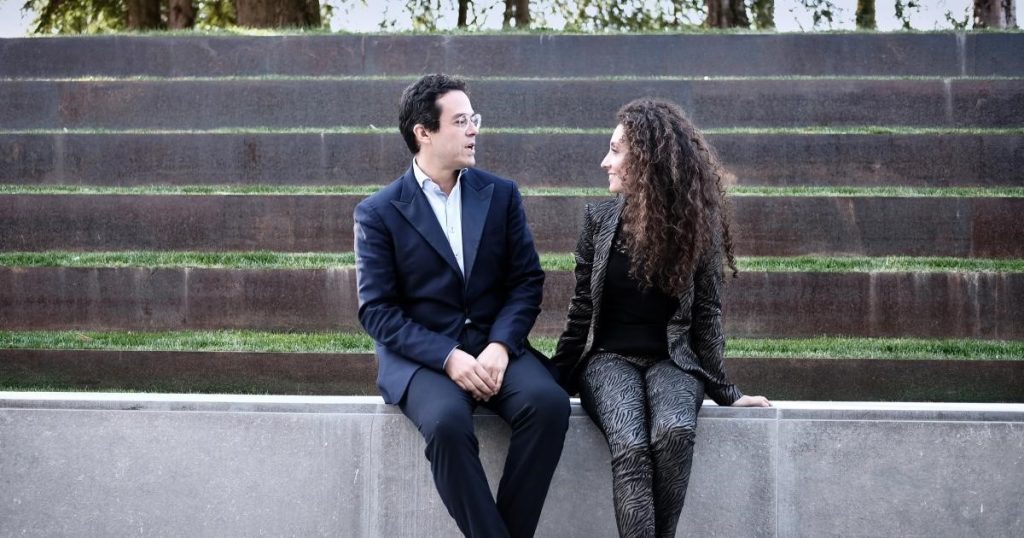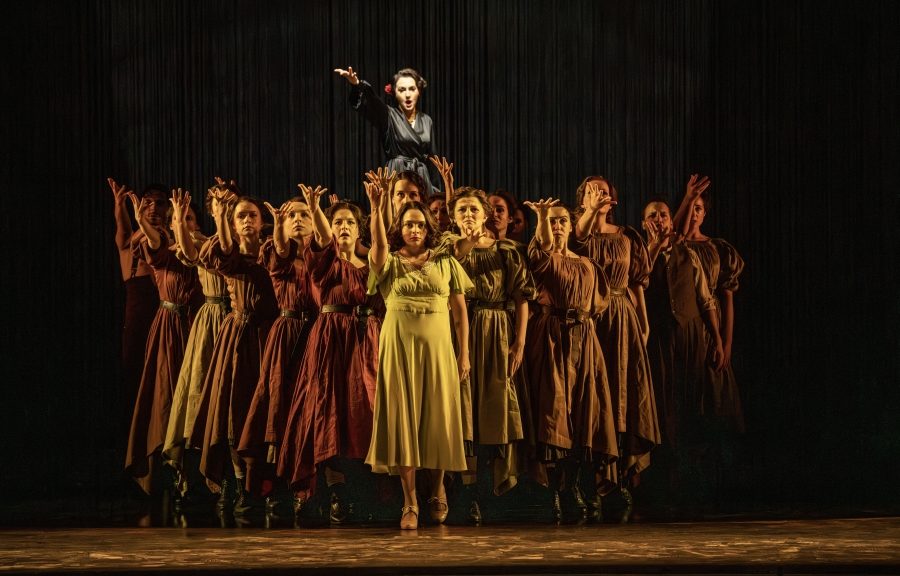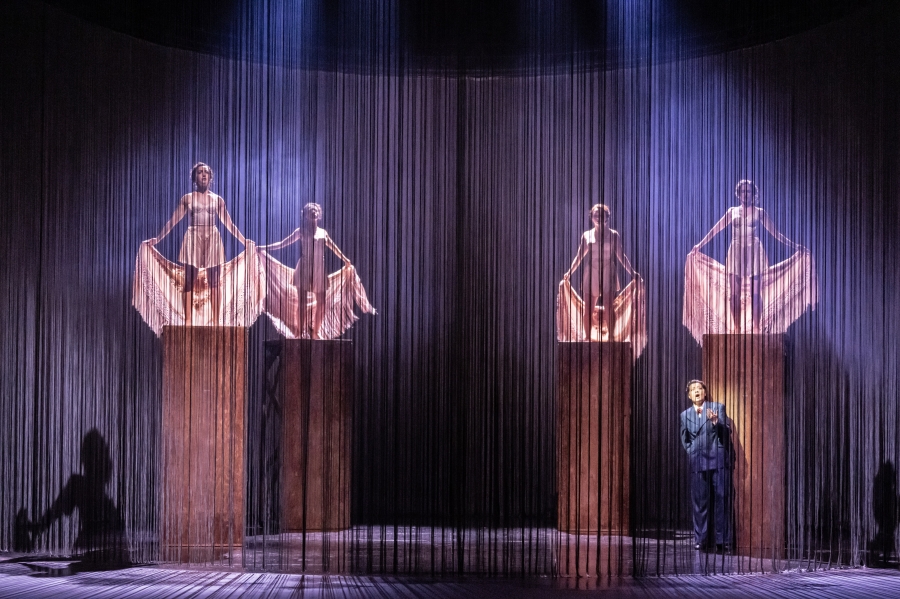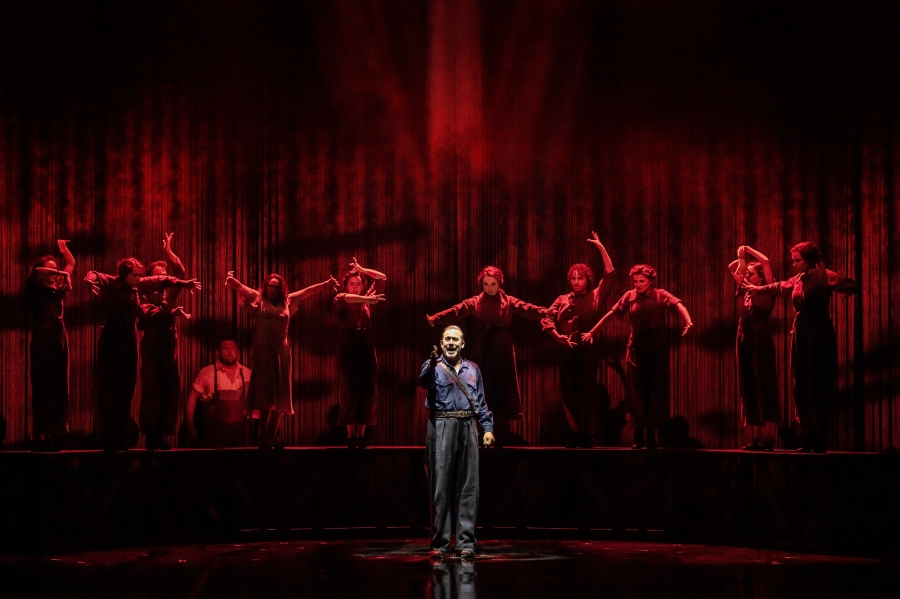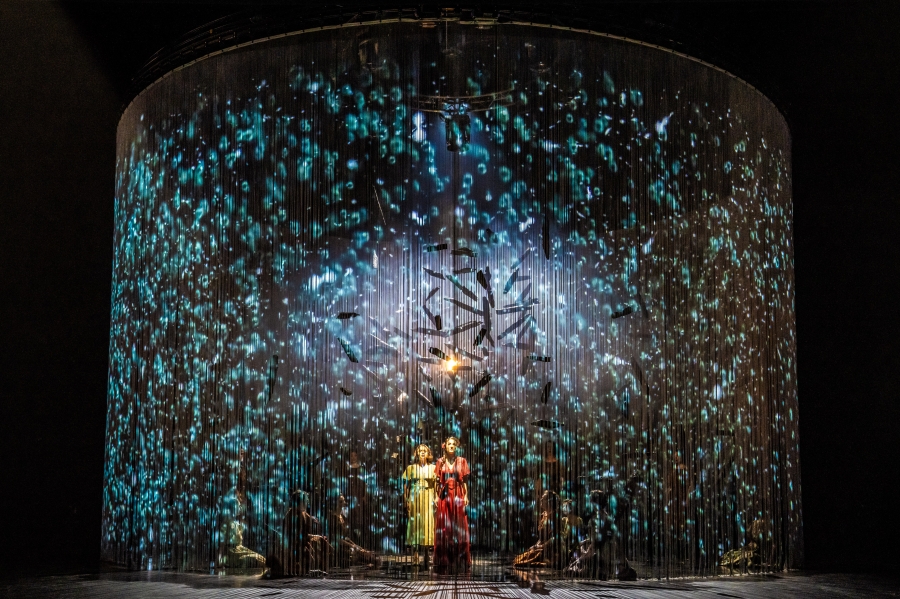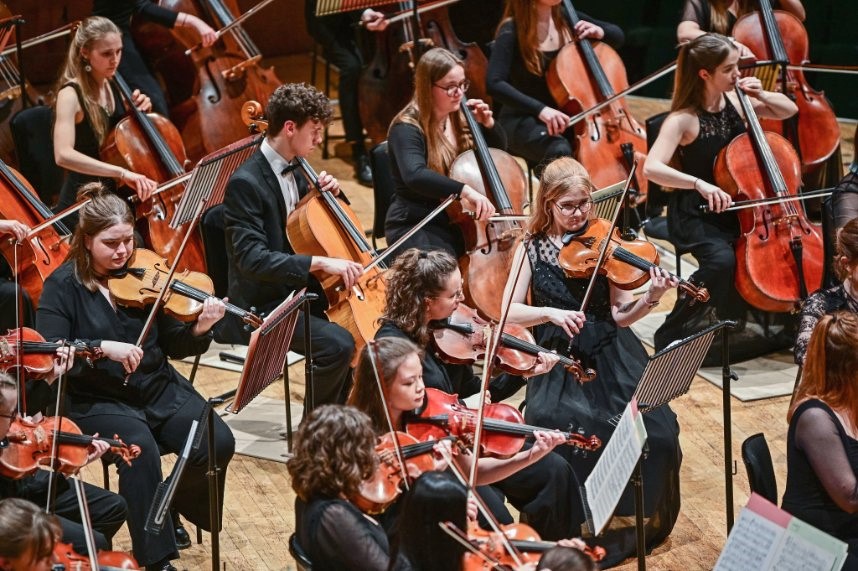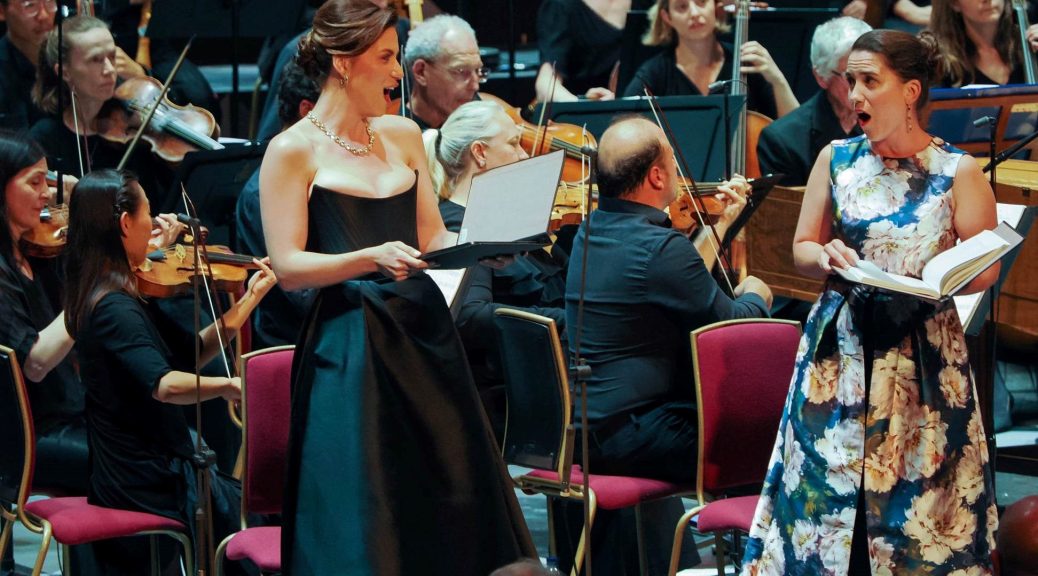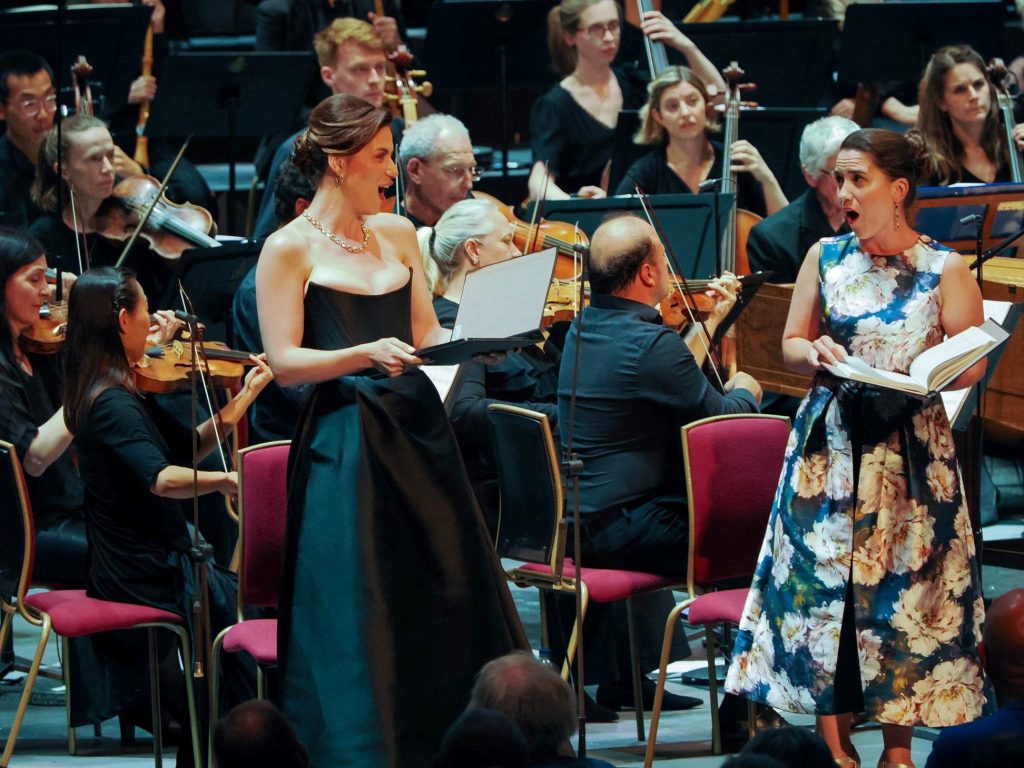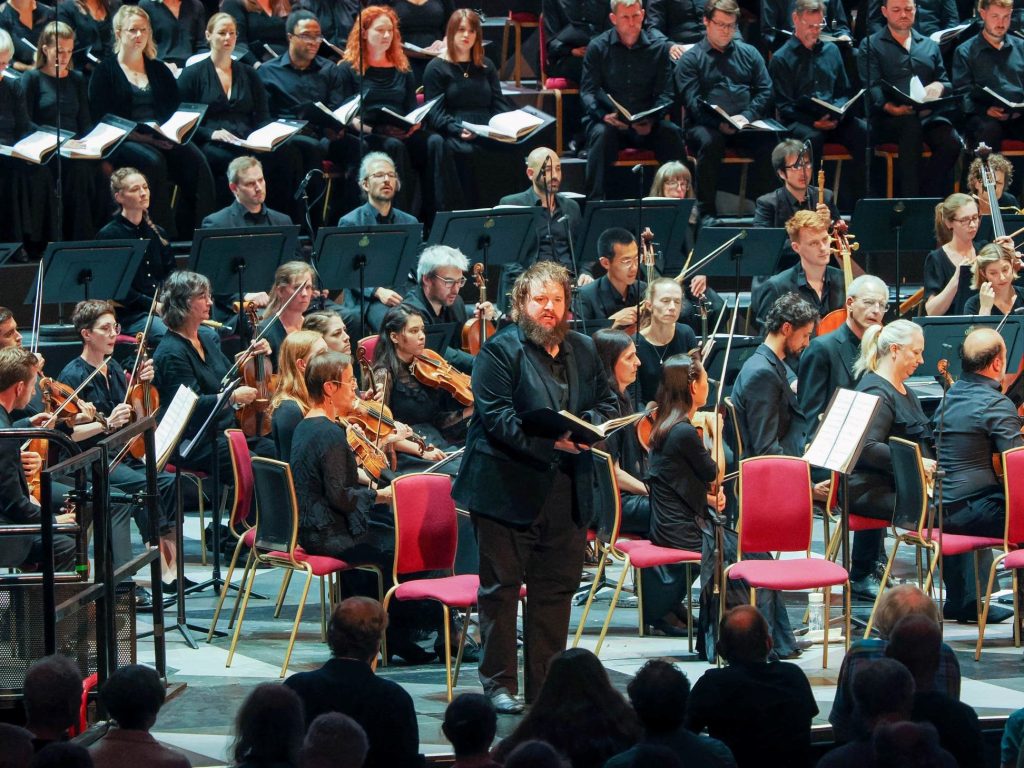
It would be a fleeting affair in London to make sure I was celebrating with The Tallis Scholars. Something I did not want to miss. In the wonderful atmospheric Middle Temple Hall, known for its first recorded performance of Twelth Night, the evening went by in a flash.
Drink and canapes were flowing throughout, as things started off with Palestrina’s Magnificat Primi Toni and the eternal Misere by Allegri. The balcony space was utilised for both works, this opening gave you the feel for this choir, their mastery over polyphony and admiration of religious works. There was a marvellous vibe to proceedings, the audience blessed to hear such things. The latter was a highlight, with its serene high notes and it’s tennis match between both choirs in the space.
American writer Leon Wieseltier gave a fabulous speech about his first time hearing the Scholars. Passing the church in which they were singing, he fell in love with them all those years ago and has continued to give unwavering support to them ever since. His writing was highly eloquent and often funny. Caroline Trevor, wife to conductor Peter Phillips, also recounted many years with the choir as singer, leading later to romance. Their was a nice slab of gossip in this speech, personal insight which went down well, Peter beaming in the wings.
I’m glad there was a world premiere, this time from Nico Muhly and his A Glorious Creature. Taking Thomas Traherne’s words, a piercing perspective on the sun and its radiant light giving, Muhly has written a piece which didn’t excite me. It was a sort of strange slice after slice of the words, the singers each getting turns in the polyphony. It was pleasent, but left me a bit chilly.
John Tavener’s Song for Athene needs little introduction. Written as a perosnal tribute to a family friend, it would later be catapulted into fame with it’s usage at Lady Di’s funeral. Here the Scholars offered up a well sculpted and tender version, I found myself in bits. It was a special addition with Lady Tavener present, we lost Sir John some ten years ago. Arvo Pärt’s Virgencita ended this second set with more touching auroas and a reminder of his talents still going stong in his 9th decade.
James Jolly, Editor-in-Chief of Gramaphone also recounted good times with the Scholars, we were offered a tribute copy of the magazine with a history of the choir. Peter Phillips gave the final word, in a speech filled with pride, also acknowledging the pitfalls of the past and present taking them on international tours. We we given goody bags with the aforementioned magazine and Peter’s unexpected flutter into book form about the restaurant they frequent after reharsals.
It was all very inspiring seeing how much of a success they have been, 50 years is quite a long time really. Of course, things had to end with Tallis himself and we had three works: Loquebantur variis linguis, Suscipe quaeso and Gloria from Missa Puer natus. It couldn’t have ended on a finer note with their namesake composer that they have honoured countless times. These sweet pieces crowned the night, their affirming faith, their simple simplest registers and easy listening appeal had us leaving the event with much contentment.

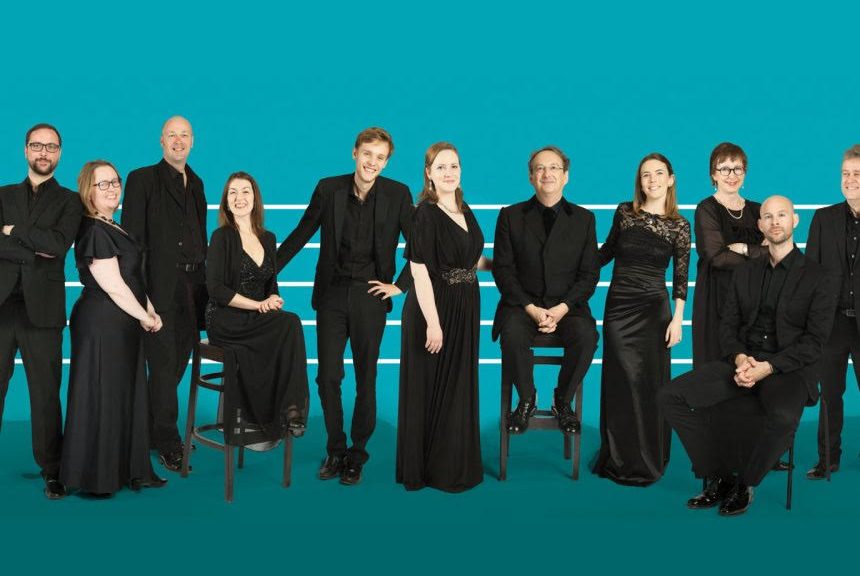
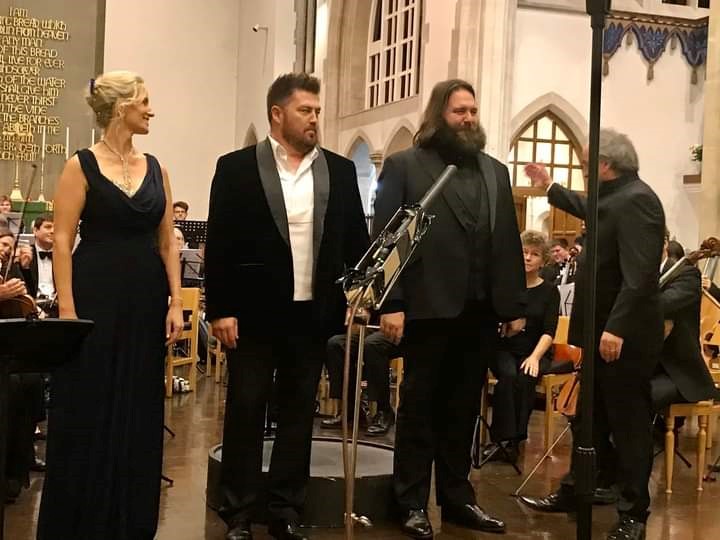
 (4 / 5)
(4 / 5)
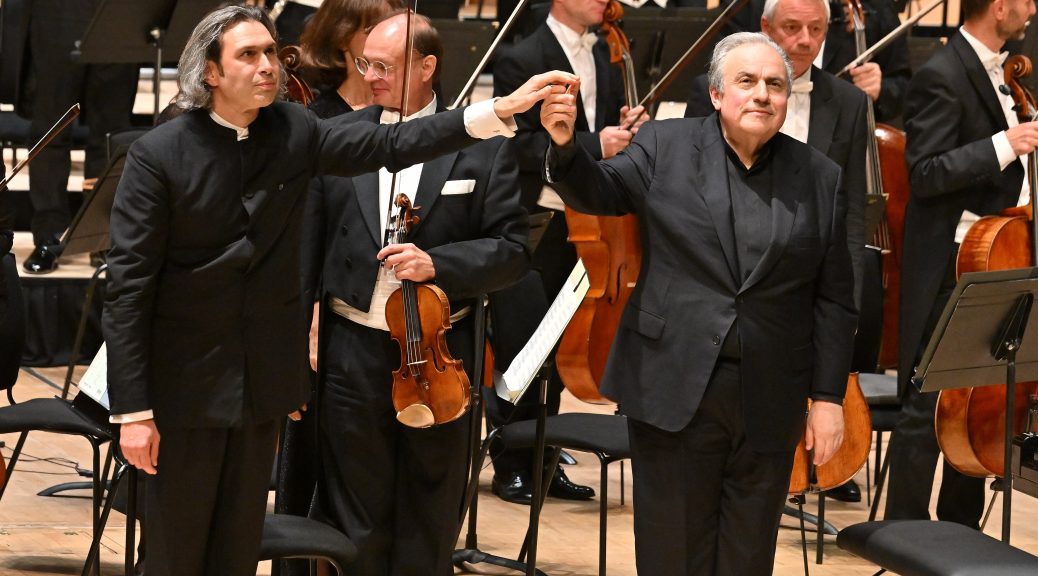
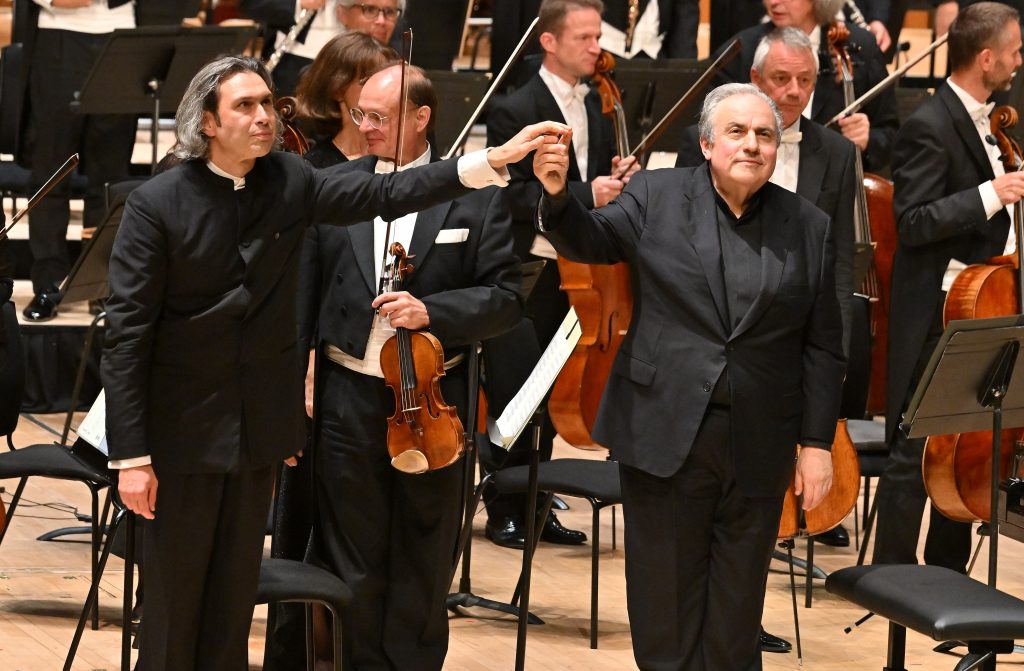
 (3 / 5)
(3 / 5)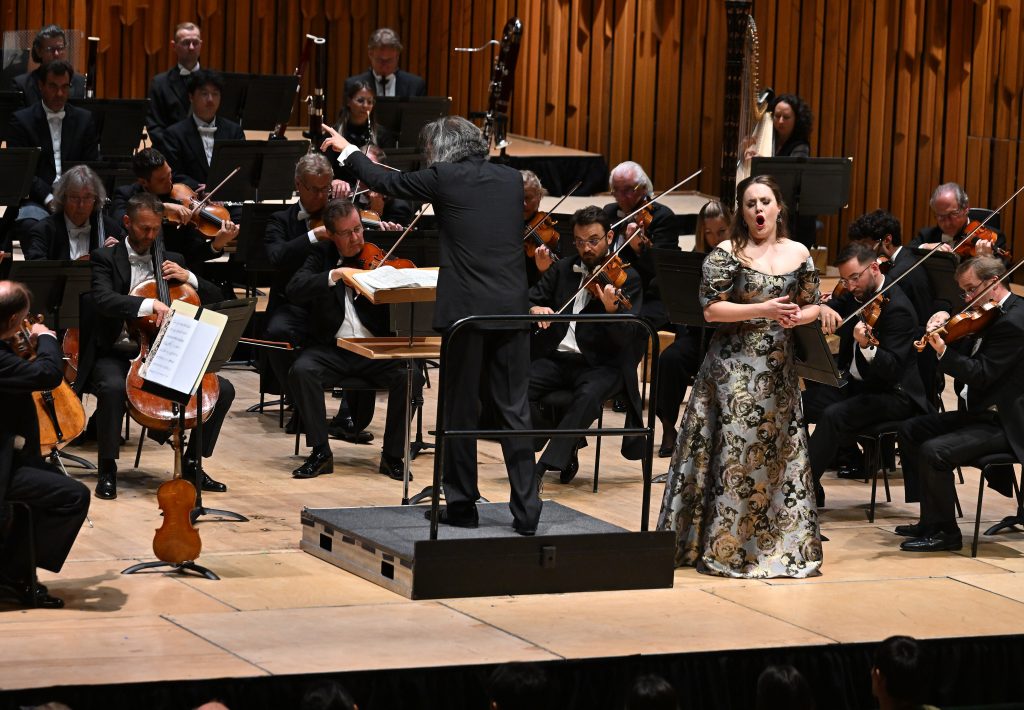
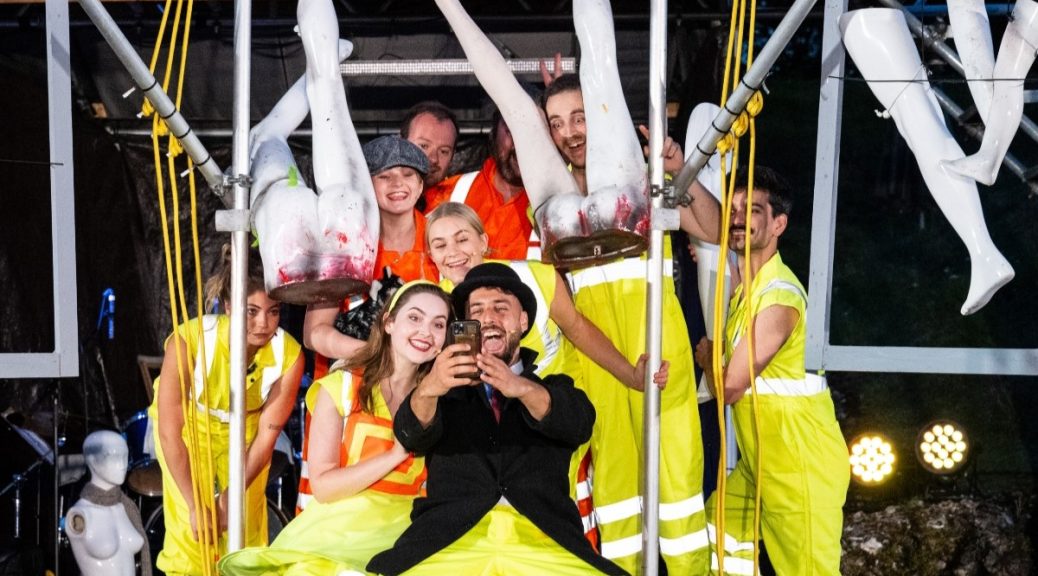
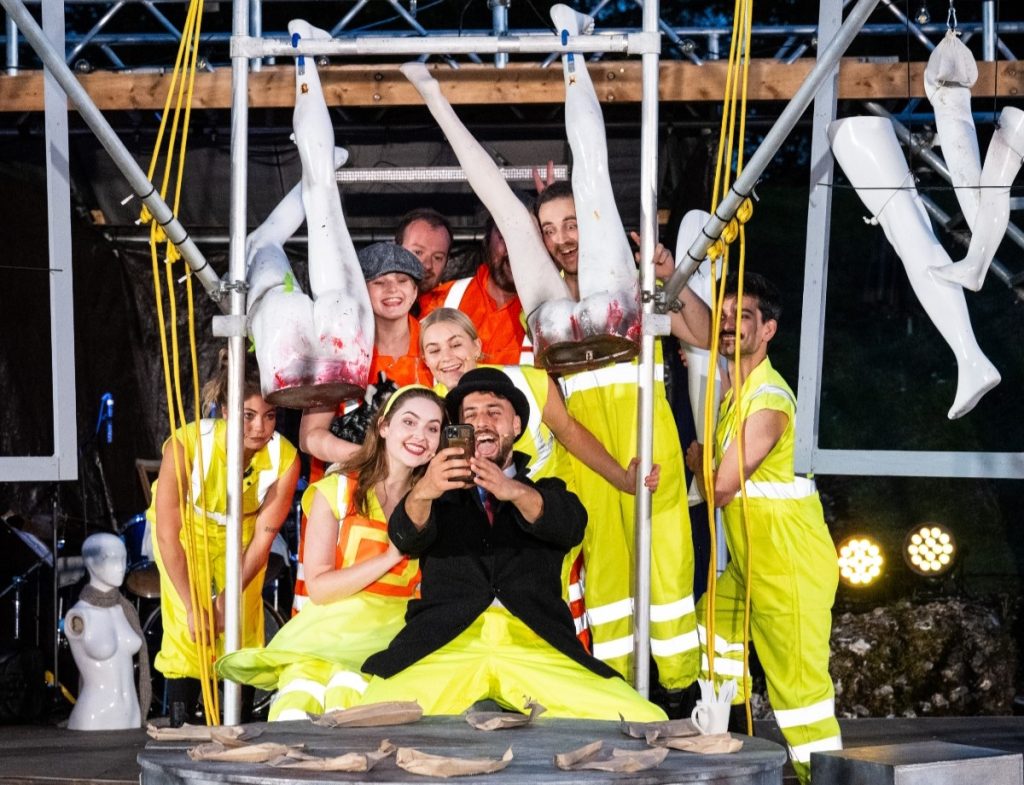
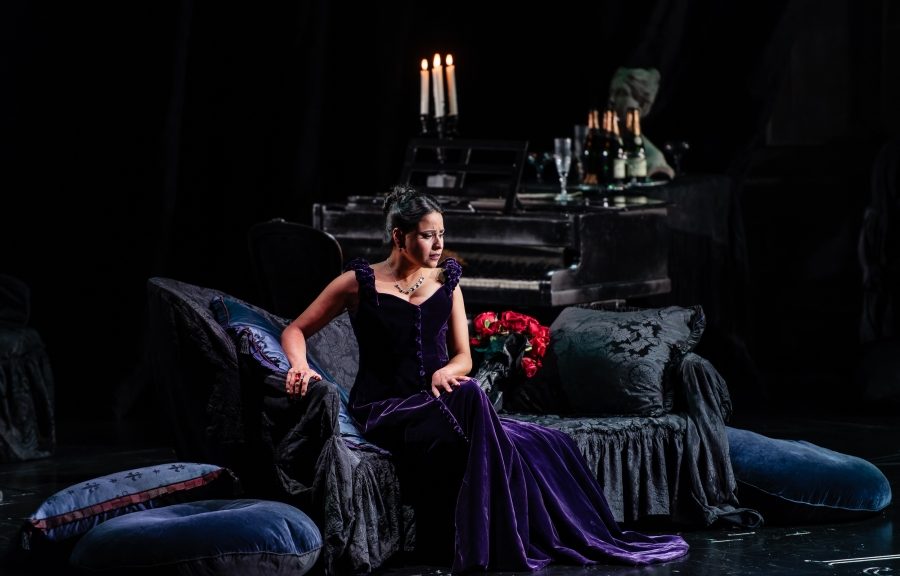
 (3.5 / 5)
(3.5 / 5)